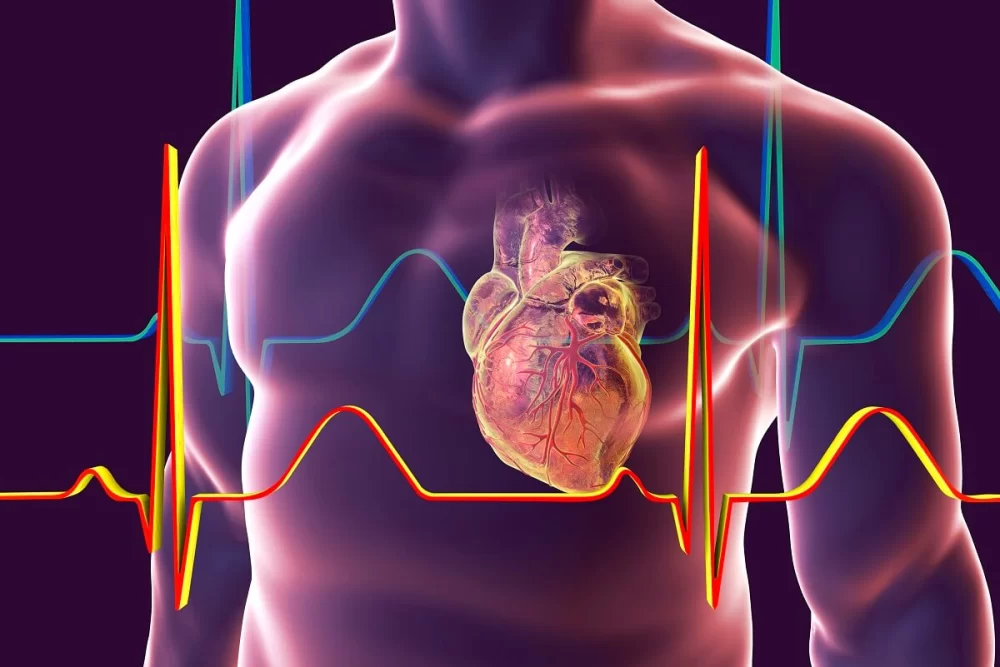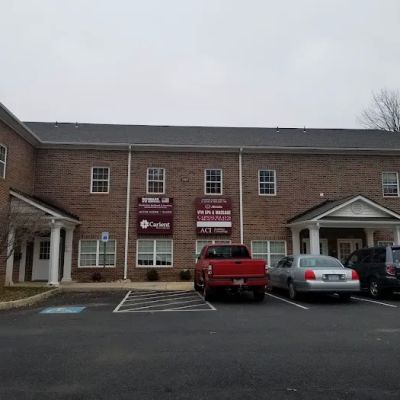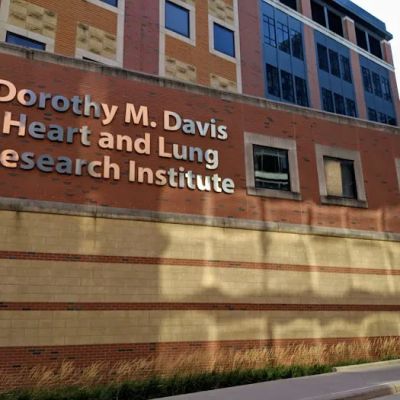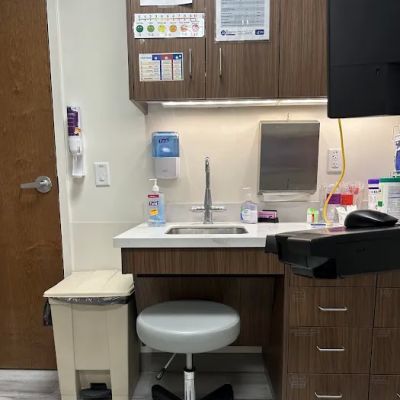- Heart-Disease-Overview
- Common-Heart-Attack-Symptoms
- Early-Warning-Signs-and-Risk-Factors
- Personal-Stories-and-Importance-of-Awareness
- Expert-Advice-for-Heart-Care
1. Understanding Heart Disease and Its Impact on Health
Heart disease is a broad term that covers various conditions affecting the heart and blood vessels. It includes coronary artery disease, which is the leading cause of heart attacks, arrhythmias, and other cardiac disorders. The consequences of heart disease are often serious, with heart attacks being a critical emergency requiring immediate attention.
The development of heart disease is influenced by factors such as high blood pressure, cholesterol imbalances, smoking, poor diet, and physical inactivity. Recognizing the signs and symptoms related to heart attacks is vital because early detection can save lives and improve recovery outcomes.

1.1 Why Awareness of Heart Disease Matters
Many people underestimate the risk of heart disease or misinterpret its symptoms, which can delay seeking medical help. Increasing awareness about heart disease and heart attack symptoms empowers individuals to take prompt action. This awareness is a fundamental part of effective heart care.
Atlanta Heart Specialists
atlanta heart specialists
4375 Johns Creek Pkwy #350, Suwanee, GA 30024, USA

1.2 Heart Disease and Its Silent Progression
Often, heart disease develops gradually without obvious symptoms until it reaches an advanced stage. This silent progression makes regular check-ups and understanding personal risk factors crucial. Early intervention strategies, including lifestyle modifications and, when appropriate, supplementation or medication, can make a significant difference in preventing heart attacks.
2. Common Symptoms of a Heart Attack You Should Know
Heart attack symptoms vary widely, and recognizing them can be lifesaving. The classic symptom is chest pain or discomfort, but many people experience other signs that are less obvious but equally important.
2.1 Chest Discomfort and Pressure
This often manifests as a feeling of tightness, squeezing, or heavy pressure in the center of the chest. It may last for several minutes or come and go. People sometimes describe it as an intense fullness that can be mistaken for indigestion or muscle strain.
2.2 Pain Radiating Beyond the Chest
Discomfort may extend to the shoulders, arms, neck, jaw, or back. For some, especially women, this pain can be subtle or present in unusual locations, making it essential to consider these signs seriously.
2.3 Other Accompanying Symptoms
Shortness of breath, cold sweats, nausea, dizziness, and fatigue often accompany heart attack symptoms. These signs can be mistaken for less severe conditions, but when combined with chest discomfort or pain, they should prompt immediate medical evaluation.
3. Early Warning Signs and Risk Factors for Heart Attack
Understanding early warning signs and risk factors helps individuals act before a heart attack occurs. Angina, or chest pain during exertion that eases with rest, is a classic early sign of coronary artery disease. Other subtle indicators include unexplained fatigue and mild discomfort during daily activities.
3.1 Identifying High-Risk Individuals
People with hypertension, diabetes, high cholesterol, a family history of heart disease, or smokers are at increased risk. Age and gender also influence risk, with men and older adults generally facing higher chances of heart attacks.
3.2 The Importance of Lifestyle and Medical Monitoring
Regular health screenings, managing blood pressure and cholesterol, maintaining a healthy diet, and exercising are cornerstones of reducing heart attack risk. Early symptom recognition paired with ongoing care improves the chances of avoiding severe cardiac events.
4. Personal Stories Highlighting the Importance of Heart Attack Symptom Awareness
Consider Sarah, a 45-year-old woman who ignored mild chest discomfort and fatigue for weeks, attributing it to stress. When she finally sought medical help, doctors identified significant coronary artery blockages. Sarah’s story underlines the importance of not dismissing early heart attack symptoms, especially in women, whose signs can sometimes differ from the classic male presentation.
Another case involved Mark, a 62-year-old man with a family history of heart disease, who experienced sudden chest pressure and shortness of breath. Quick recognition of his symptoms and immediate emergency response saved his life. Stories like these emphasize the critical role awareness plays in heart care.
4.1 How Awareness Can Save Lives
These real-life examples illustrate that timely recognition and action during early symptom onset can drastically improve outcomes. Sharing such stories can help reduce stigma or fear around discussing heart health and encourage proactive engagement with cardiovascular wellness.
5. Expert Advice on Managing Heart Disease and Recognizing Heart Attack Symptoms
Healthcare professionals stress the importance of education, routine health checks, and maintaining a healthy lifestyle to manage heart disease risk effectively. They recommend that everyone familiarize themselves with heart attack symptoms and seek emergency care without hesitation if symptoms occur.
5.1 Role of HeartCare Hub in Supporting Heart Health
For those looking to take charge of their heart health, HeartCare Hub offers a comprehensive selection of resources, products, and services tailored to cardiovascular care needs. From monitoring devices to nutritional supplements, HeartCare Hub can help users make informed decisions for heart disease prevention and symptom management.
5.2 When to Seek Immediate Help
If you or someone near you experiences chest discomfort, pain radiating to other areas, unexplained shortness of breath, or any combination of heart attack symptoms, do not delay calling emergency services. Early intervention is critical to reducing heart damage and increasing survival rates.
By increasing awareness of heart disease and heart attack symptoms and acting on early warning signs, individuals can better protect their cardiovascular health and improve their chances of a longer, healthier life.






















Deborah Heart and Lung Center
deborah heart and lung center
200 Trenton Rd, Browns Mills, NJ 08015, USA